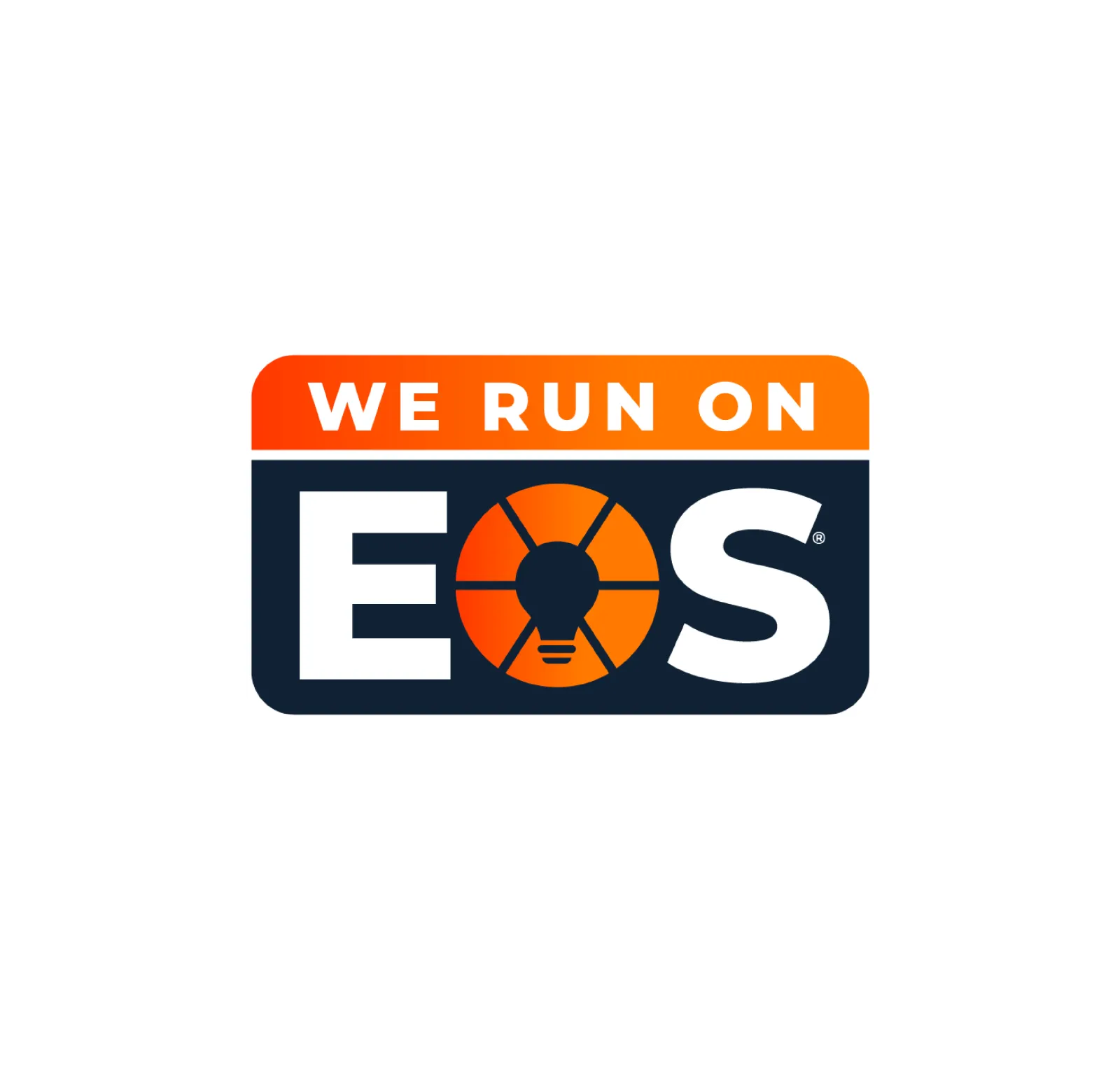August 25, 2025
Artificial intelligence (AI) is generating tremendous buzz—and for very good reasons. Cutting-edge tools like ChatGPT, Google Gemini, and Microsoft Copilot are revolutionizing the way businesses operate. From crafting content and responding to customers, to drafting emails, summarizing meetings, and even aiding with coding or spreadsheets, AI is transforming workflows across industries.
While AI can dramatically boost productivity and save valuable time, it also carries risks. Without proper precautions, this powerful technology can jeopardize your company's data security.
Small businesses, in particular, face significant vulnerabilities.
Understanding the Risk
The danger doesn’t lie in AI itself, but in how it’s used. When employees input sensitive information into public AI platforms, that data could be stored, analyzed, or even used to train future AI models—potentially exposing confidential or regulated information without anyone’s awareness.
For example, in 2023, Samsung engineers inadvertently leaked internal source code via ChatGPT. This breach was severe enough that Samsung banned all public AI tool usage, as reported by Tom's Hardware.
Imagine this happening in your business: an employee pastes client financial or medical data into ChatGPT to "summarize" it, unaware of the risks. In moments, sensitive information is compromised.
Emerging Threat: Prompt Injection
Beyond accidental data leaks, hackers are exploiting a sophisticated tactic called prompt injection. They embed malicious commands within emails, transcripts, PDFs, or even YouTube captions. When AI tools process this content, they can be manipulated into revealing sensitive data or performing unauthorized actions.
Simply put, AI unwittingly becomes an accomplice to cyberattacks.
Why Small Businesses Are Especially at Risk
Many small businesses lack oversight on AI usage. Employees often adopt AI tools independently, with good intentions but without clear policies. Many mistakenly treat AI tools as harmless search engines, unaware that pasted data may be permanently stored or exposed.
Moreover, few businesses have established guidelines or training on safe AI practices.
How to Protect Your Business Today
You don’t have to eliminate AI from your operations, but you must manage it wisely.
Start with these four essential steps:
1. Develop a clear AI usage policy.
Specify which AI tools are approved, outline data sharing restrictions, and designate a point of contact for questions.
2. Educate your team.
Train employees on the risks of public AI platforms and explain threats like prompt injection.
3. Adopt secure AI platforms.
Encourage use of enterprise-grade AI tools such as Microsoft Copilot that offer enhanced data privacy and compliance controls.
4. Monitor AI activity.
Keep track of AI tools in use and consider restricting access to public AI services on company devices if necessary.
The Bottom Line
AI is an indispensable business asset moving forward. Companies that embrace it responsibly will thrive, while those ignoring security risks may face costly breaches or compliance failures. Just a few careless keystrokes can expose your business to hackers or regulatory penalties.
Let's discuss how to safeguard your company’s AI use. We’ll help you craft a robust, secure AI policy and protect your data without hindering your team’s efficiency. Call us at 630-895-8208 or click here to schedule your Consult today.





